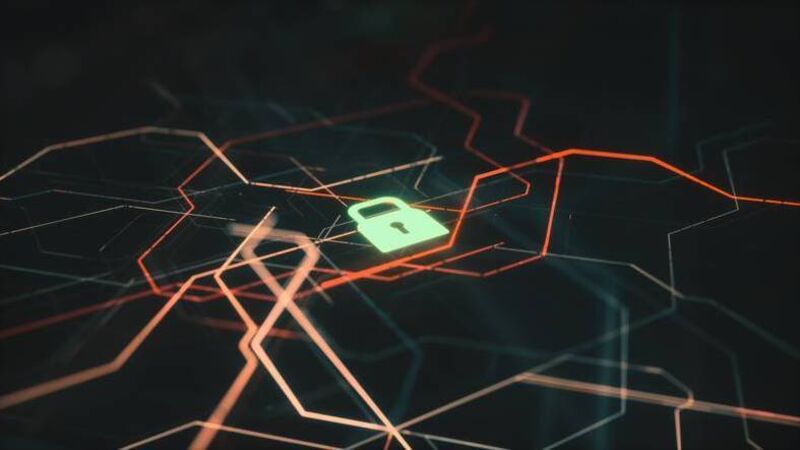Cyber untruths 'biggest threat' to democracy warns defence forces expert

'The issue of disinformation is unlikely to improve in the short term,' the cyber expert said.
The spread of disinformation online is arguably the most significant threat to democracy in a generation, a cyber expert in the Defence Forces has said.
Commandant Ken Sheehan said cyber attacks threaten the “integrity and verifiability” of data and the “very nature of truth”.













